Leaders of Central Asian countries and Italy convened in Astana for the first Central Asia–Italy summit, culminating in the adoption of a Joint Declaration aimed at deepening political, economic, and cultural cooperation.
Astana hosted the inaugural Central Asia-Italy Summit on May 30, bringing together the heads of state of five Central Asian countries and the Prime Minister of Italy, Giorgia Meloni. The summit, chaired by Kazakhstan's President Kassym-Jomart Tokayev, included President of Uzbekistan Shavkat Mirziyoyev, President of Kyrgyzstan Sadyr Japarov, President of Tajikistan Emomali Rahmon, and President of Turkmenistan Serdar Berdimuhamedov.
The summit served as a high-level platform for dialogue on expanding multilateral cooperation between the two regions. Discussions focused on strategic issues including investment and technology partnerships, the green economy, regional security, and the promotion of educational and cultural exchanges.
Participants acknowledged the growing importance of Central Asia’s engagement with Europe, noting that the summit followed a series of agreements reached at a regional summit in Samarkand earlier this year. Leaders stressed the relevance of a structured dialogue with Italy, especially amid evolving global and regional dynamics.
The economic agenda of the summit included proposals for launching a Central Asia-Italy Business Club under the coordination of national chambers of commerce. This forum would serve as a regular venue for business leaders to meet and explore joint initiatives in sectors such as technology, manufacturing, and agriculture.
In support of regional industrial development, Uzbekistan announced the establishment of a special industrial park managed by a European operator in the Tashkent region. Participants also discussed attracting Italian state agencies such as SACE and Simest, as well as joint investment funds, to support industrial projects.
On the cultural and educational front, the summit celebrated successful collaborations such as the branches of the Turin Polytechnic University and University of Pisa in Tashkent. A proposal was made to establish a Central Asia-Italy Scientific and Educational Consortium to support academic exchanges, research, and training in fields like engineering and biotechnology.
Tourism and cultural exchange also featured prominently. With growing interest from Italian audiences in Central Asian heritage, a Creative Economy and Cultural Exchange Forum for youth is proposed to be held next year in Khiva.
The event culminated in the adoption of a joint declaration, setting a strategic framework for long-term cooperation between Central Asia and Italy across a broad spectrum of mutual interests.
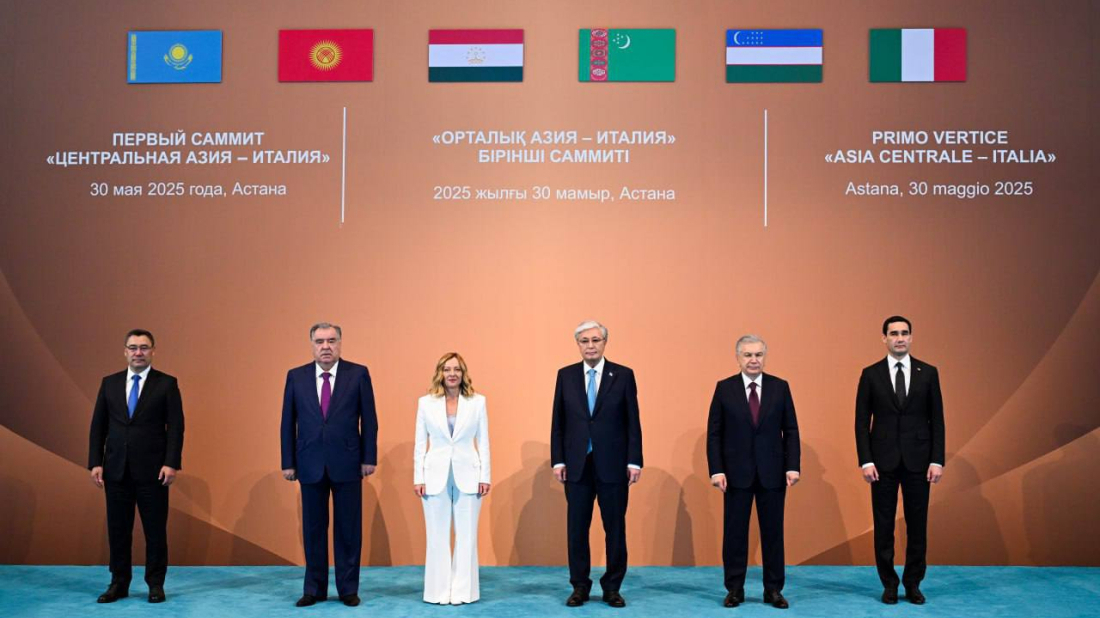
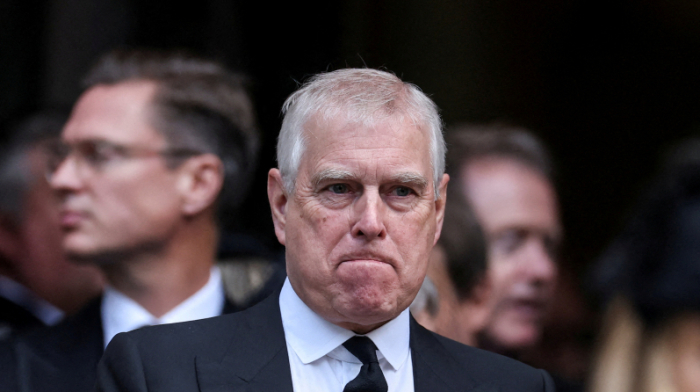


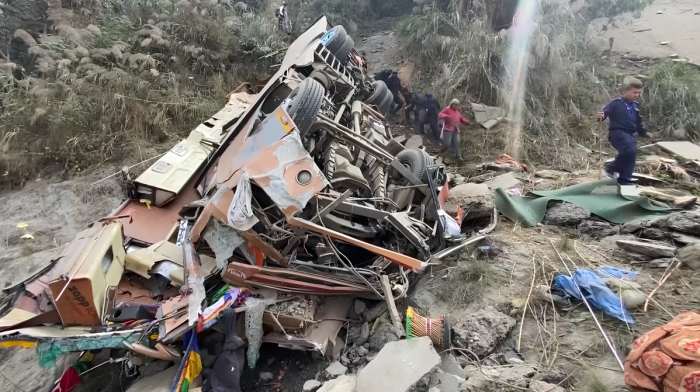
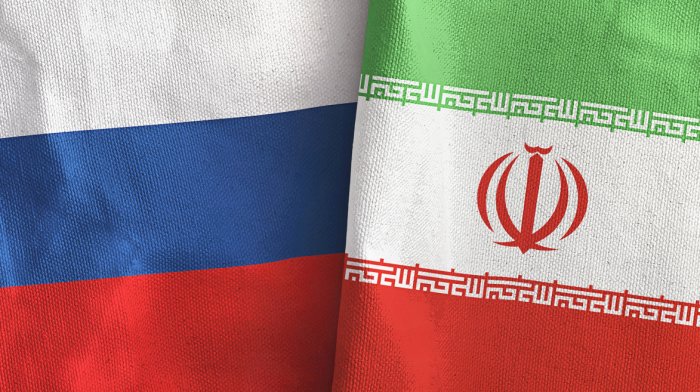

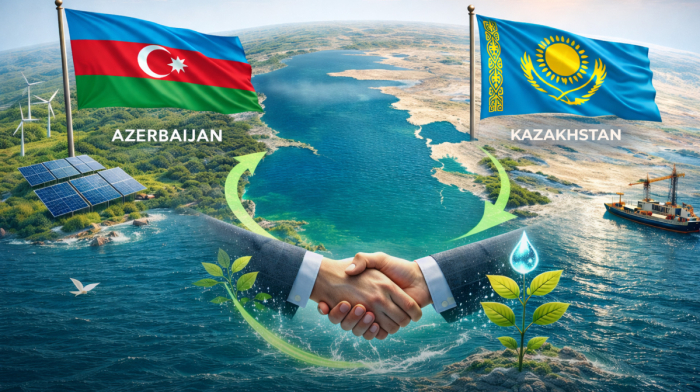
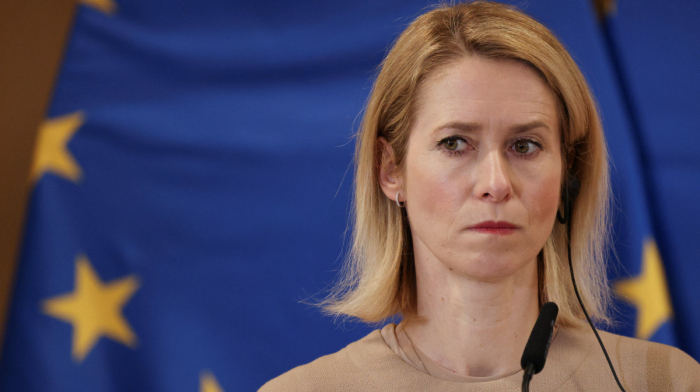
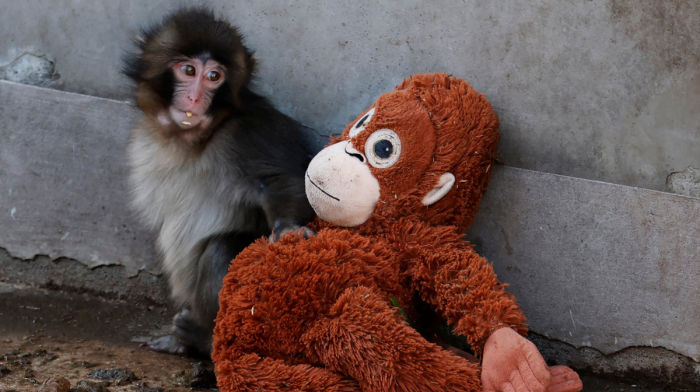
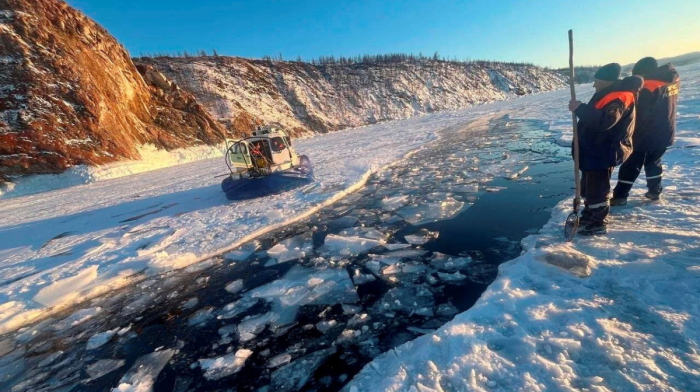
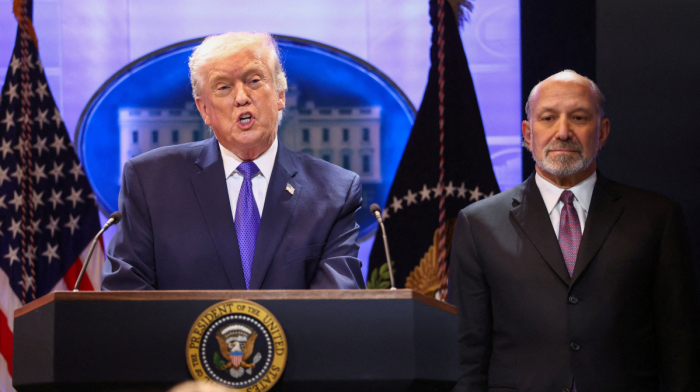
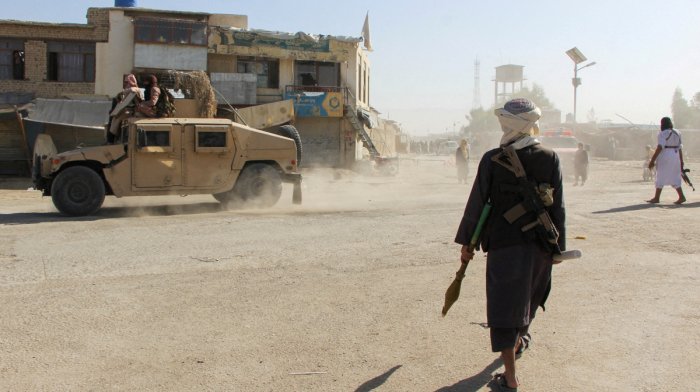
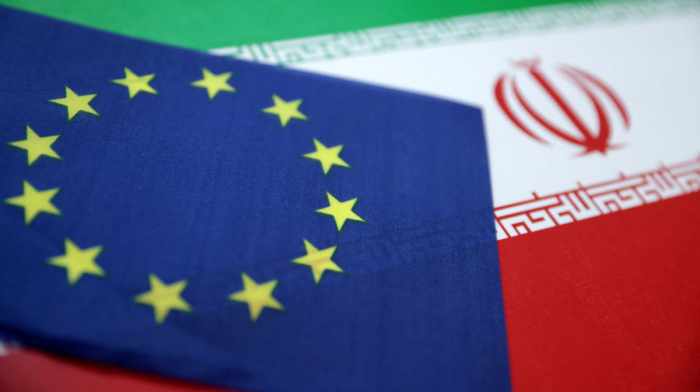
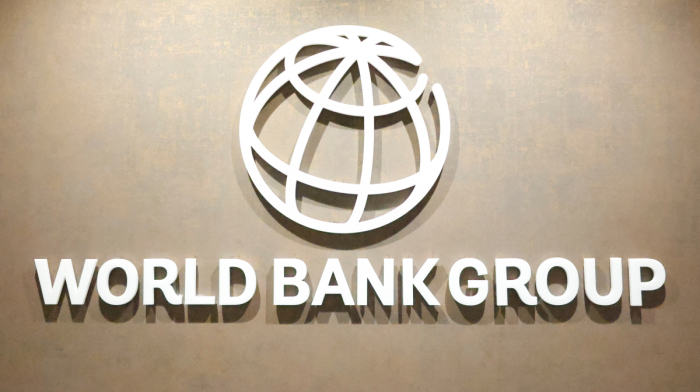
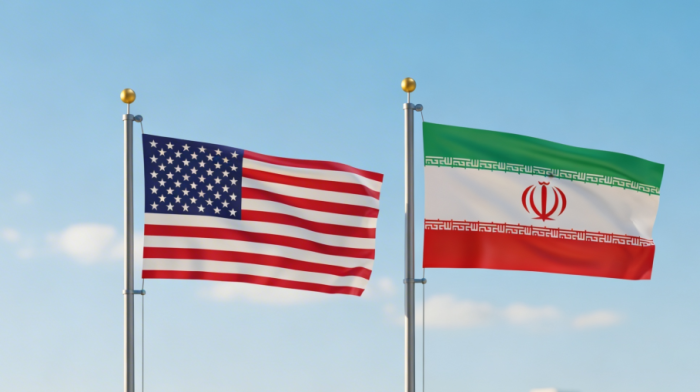
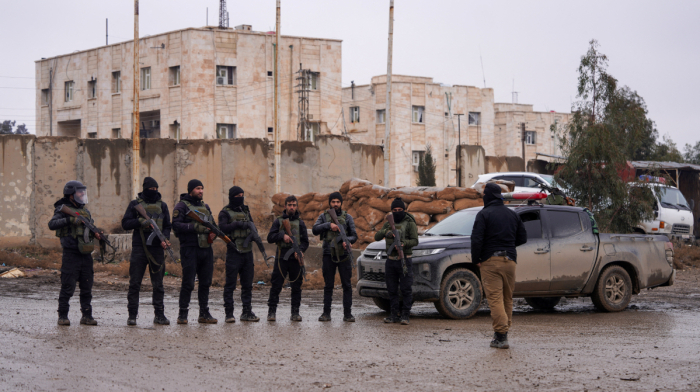



What is your opinion on this topic?
Leave the first comment